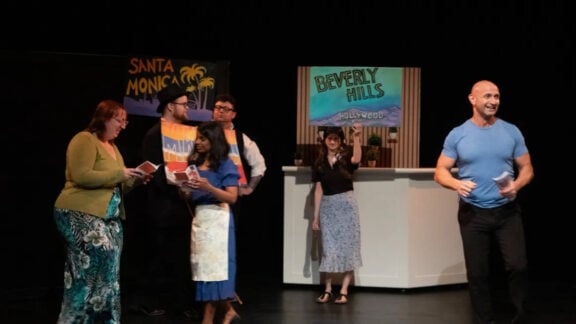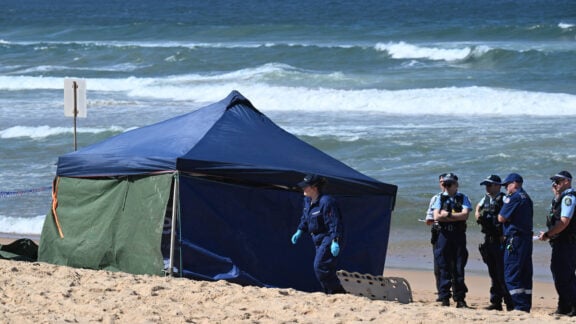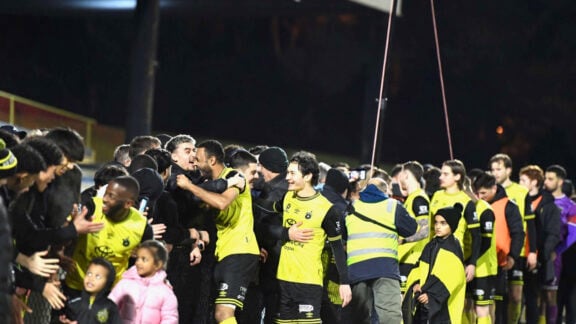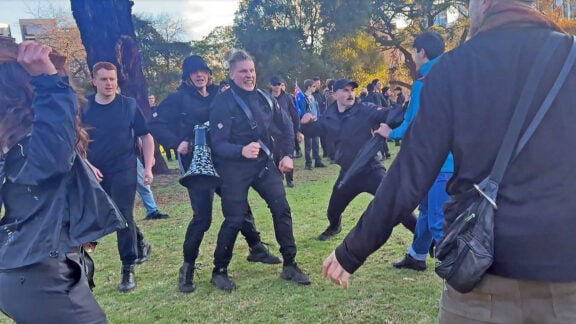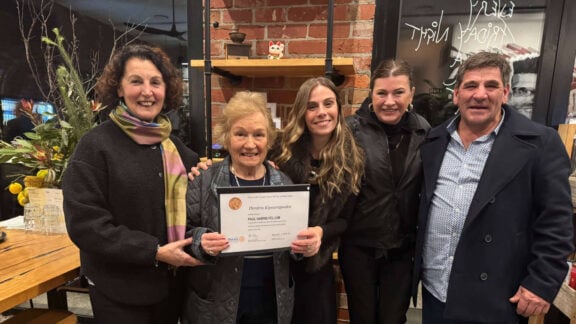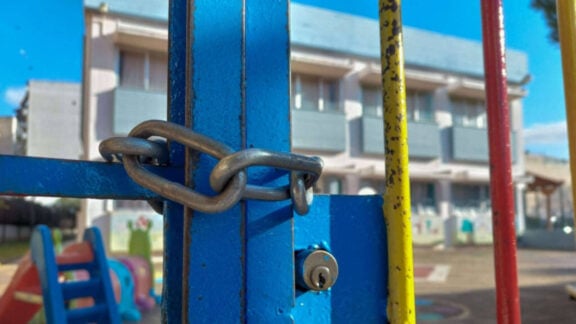A strategic plan aimed at revitalising Modern Greek language education in New South Wales was launched on Thursday evening at NSW Parliament House by Pharos Alliance NSW, in collaboration with the Greek-Australian Society.
The event was attended by representatives from education, multicultural affairs, and the Greek Australian community. The initiative outlines a proposed framework to address a decline in Greek language education across schools in the state.
Background and current challenges
According to the strategic plan, enrolments in Modern Greek language programs have declined in recent years. In 2023, 679 students in Years 7 to 9 were studying Modern Greek, a decrease from 730 in 2021. The document cites factors such as shifting community demographics, curriculum priorities favouring other subjects, limited resources, and varying levels of teacher qualifications.
The plan also notes that while NSW students are required to undertake 100 hours of language learning in Years 7–10, only a small percentage continue through to the Higher School Certificate (HSC).
Key elements of the strategy
The plan draws on Professor Joseph Lo Bianco’s COD model — Capacity, Opportunity, and Desire — as the basis for its proposals. It includes steps such as:
- Gathering data on where Greek is taught and spoken across NSW
- Assessing current syllabi, exams, and teacher qualifications
- Exploring community partnerships with schools and universities
- Establishing digital resources, such as a new website and social media presence
- Organising cultural and language-based activities outside school settings
The document also recommends creating pathways for new teachers, reviewing existing teaching materials, and encouraging community participation through forums and surveys.
Community and institutional involvement
The strategic plan highlights the role of existing programs, including community language schools and the NSW Department of Education’s Community Languages Program. It also outlines potential collaboration with independent Greek Orthodox schools and other educational institutions.
The initiative’s next phase includes a detailed mapping of Modern Greek language use in NSW, further curriculum evaluations, and efforts to identify and train teachers.
Engagement and feedback
Attendees at the launch were invited to review the strategic plan, provide feedback, and support the initiative’s proposed next steps. The plan also encourages members of the Greek-Australian community to contribute insights, stories, and local perspectives.
A website and social media platforms are currently being developed to provide information on Greek language learning options available in NSW and to serve as a platform for ongoing updates.


